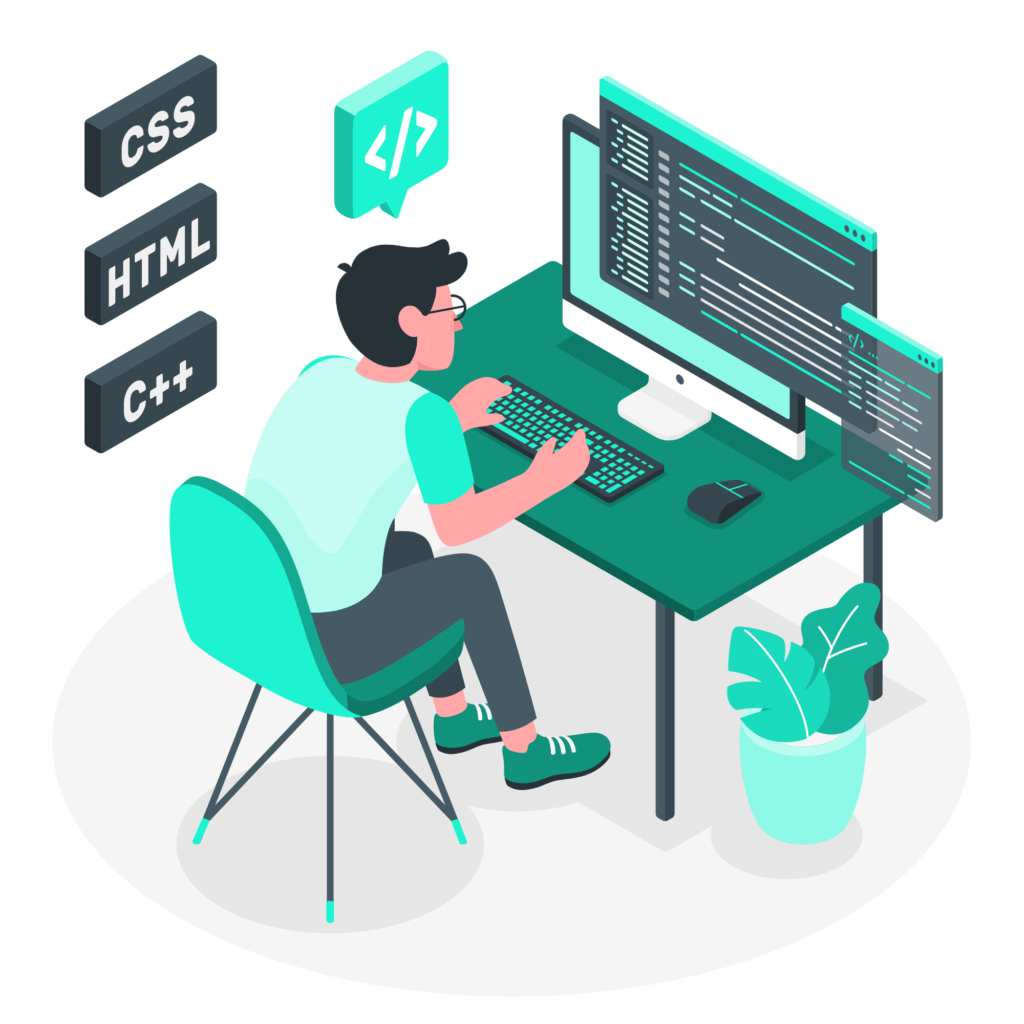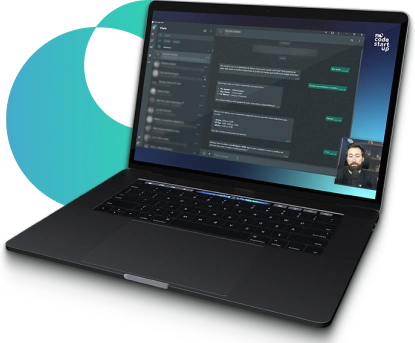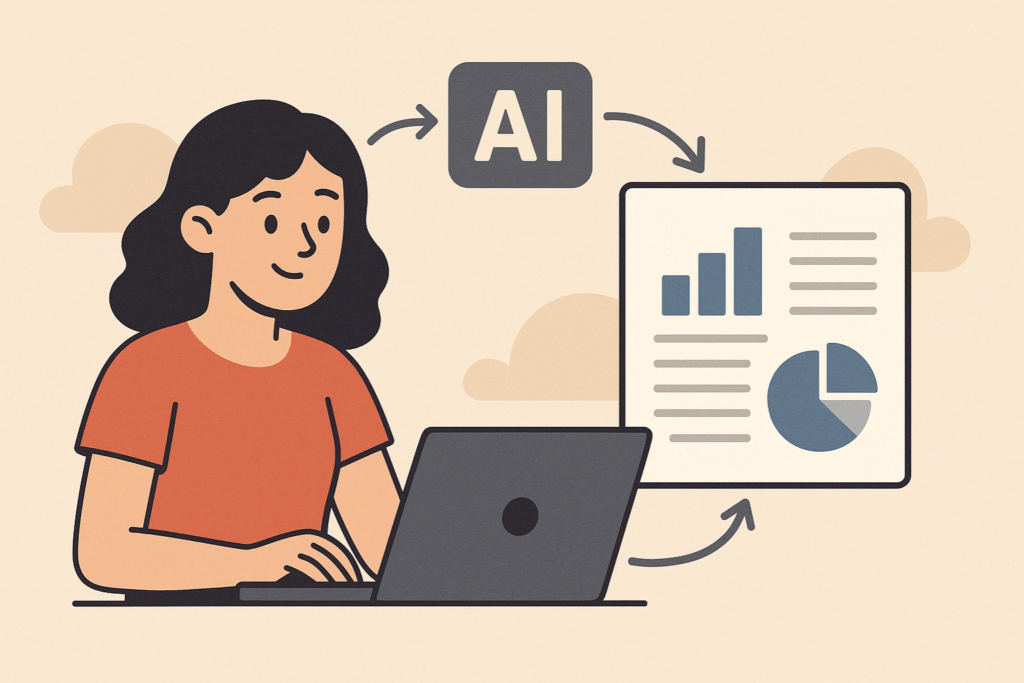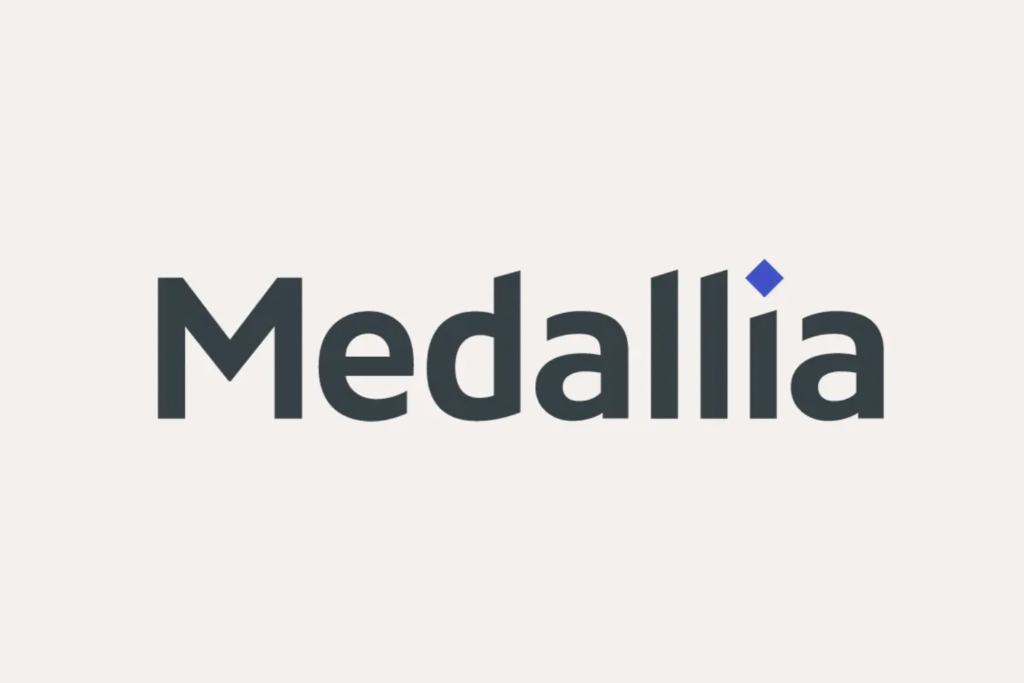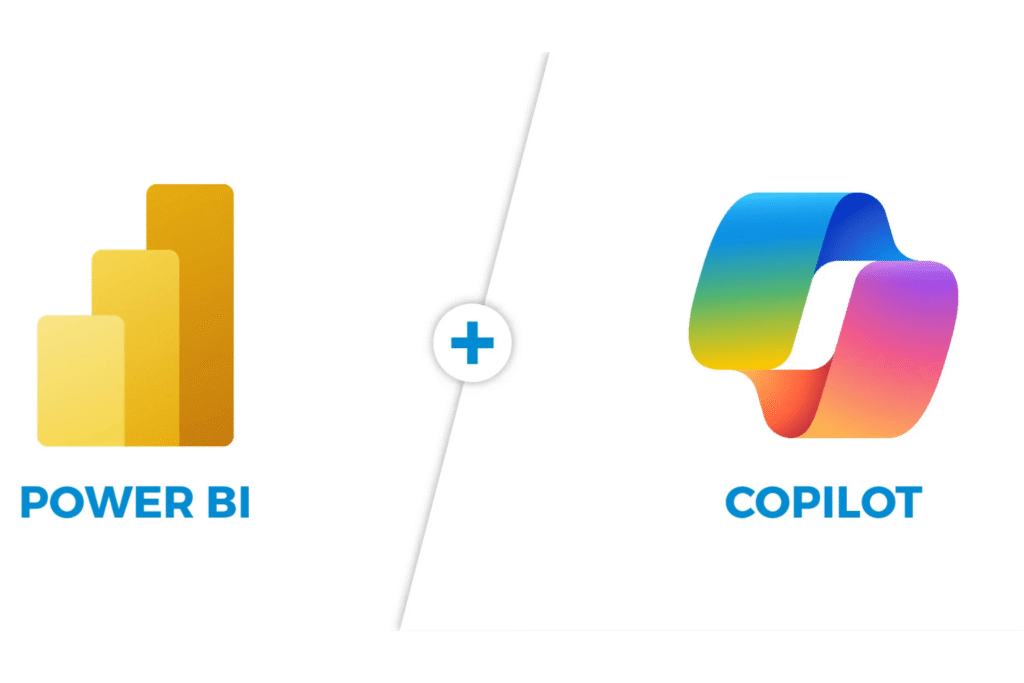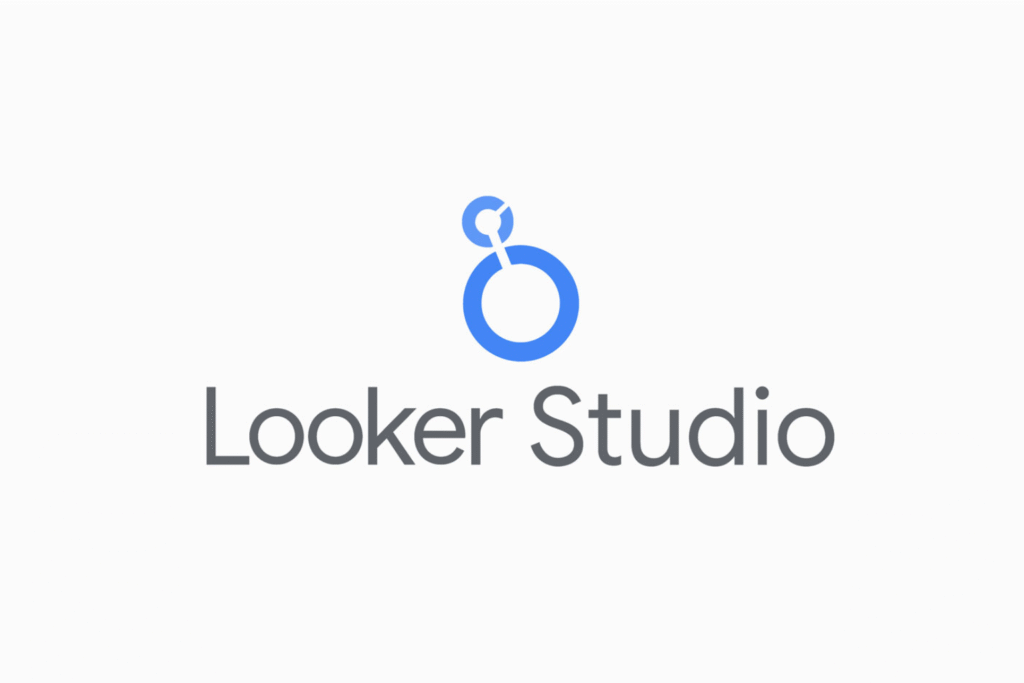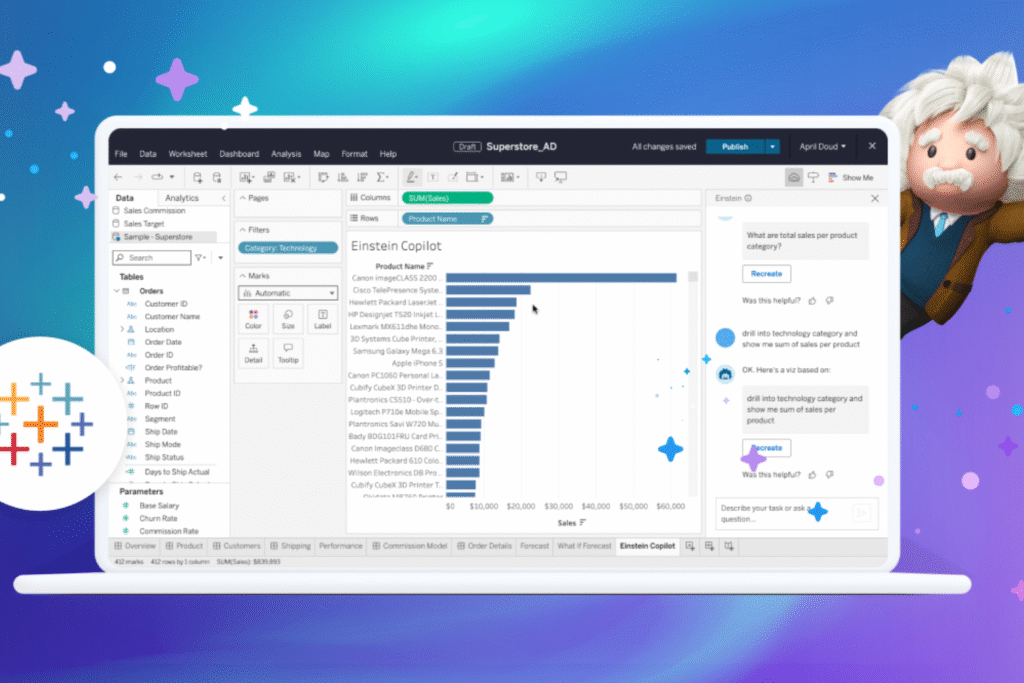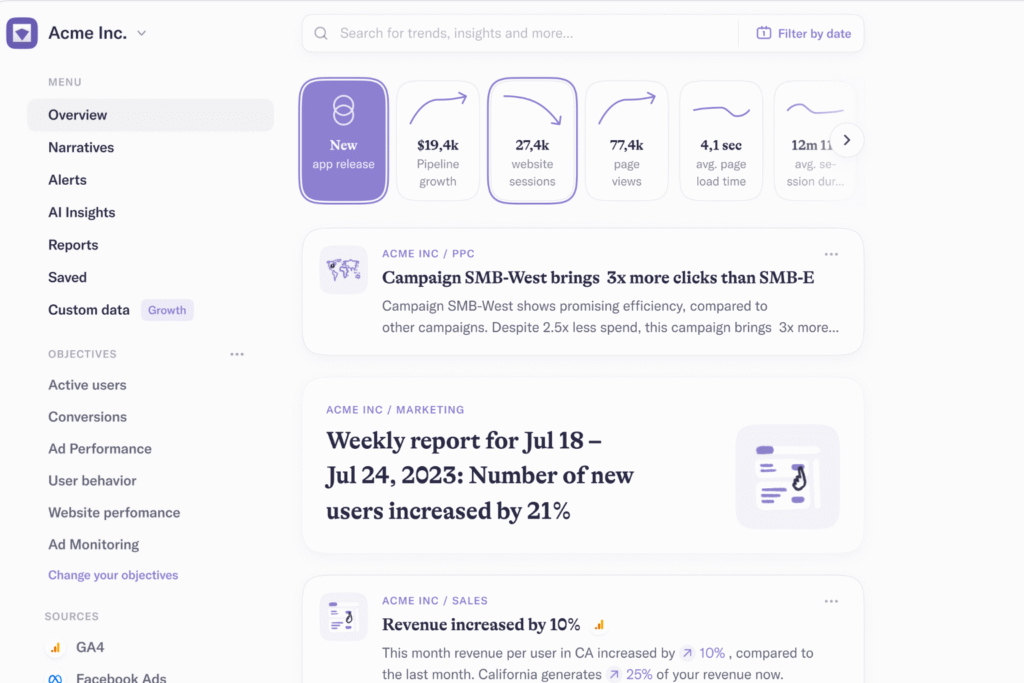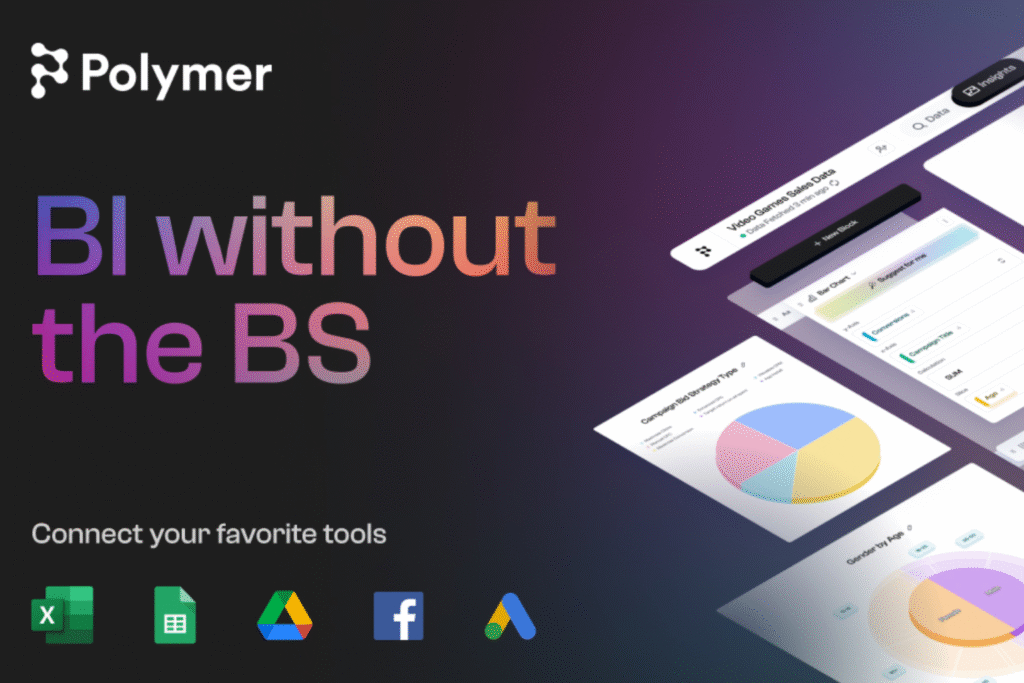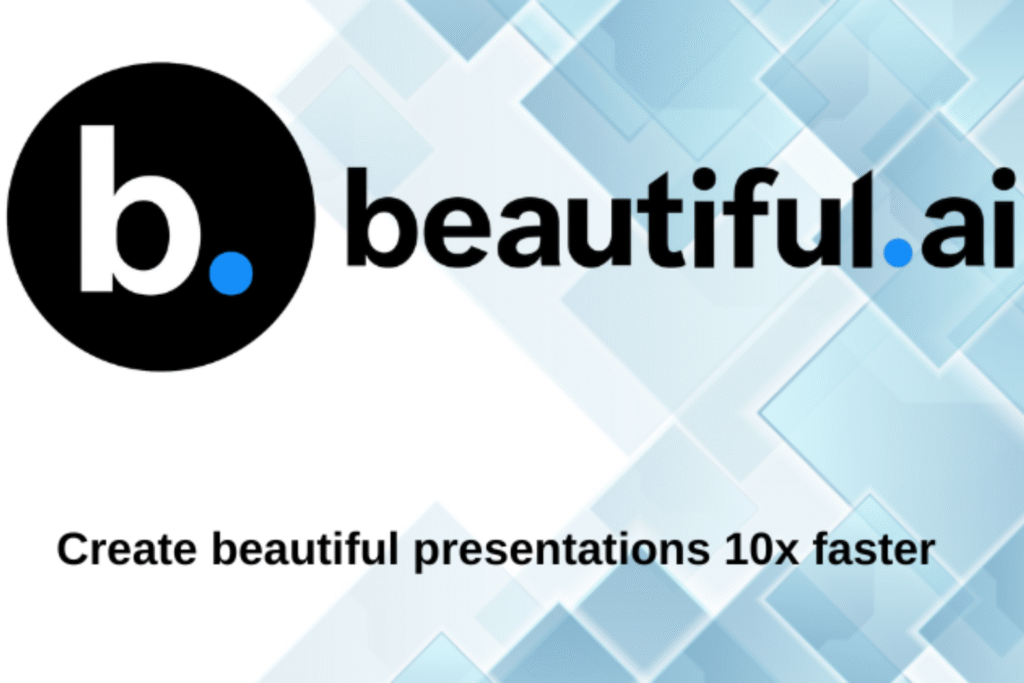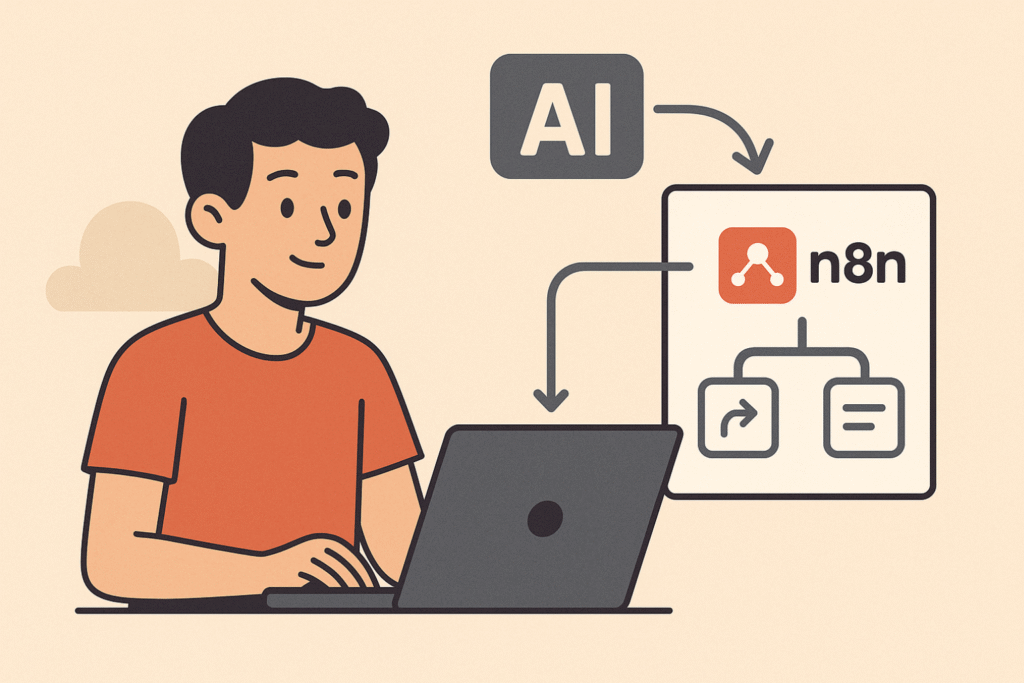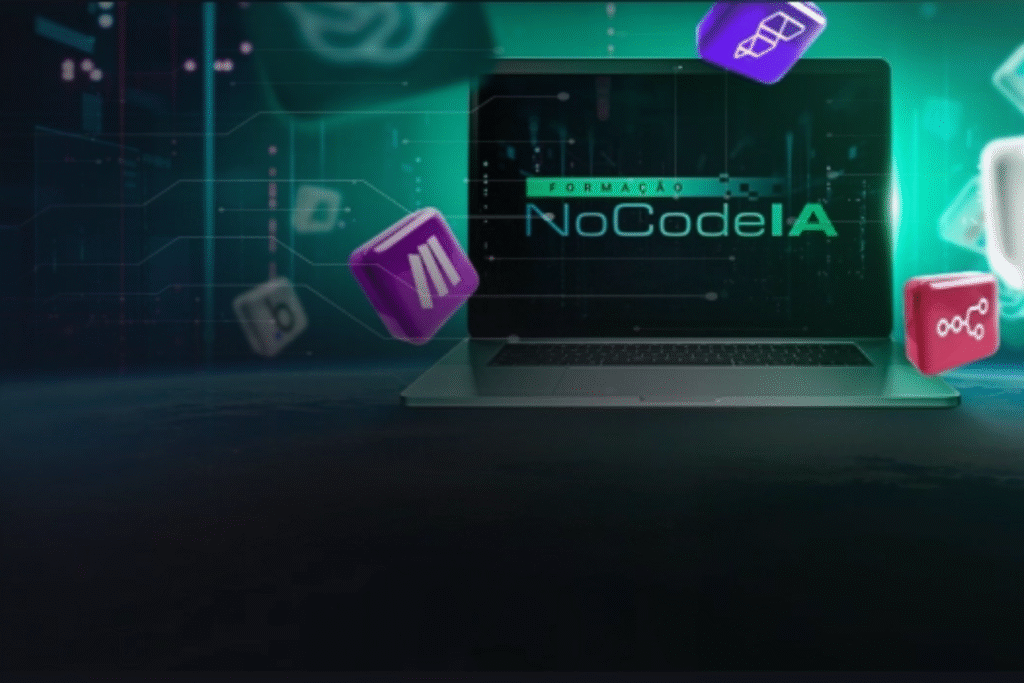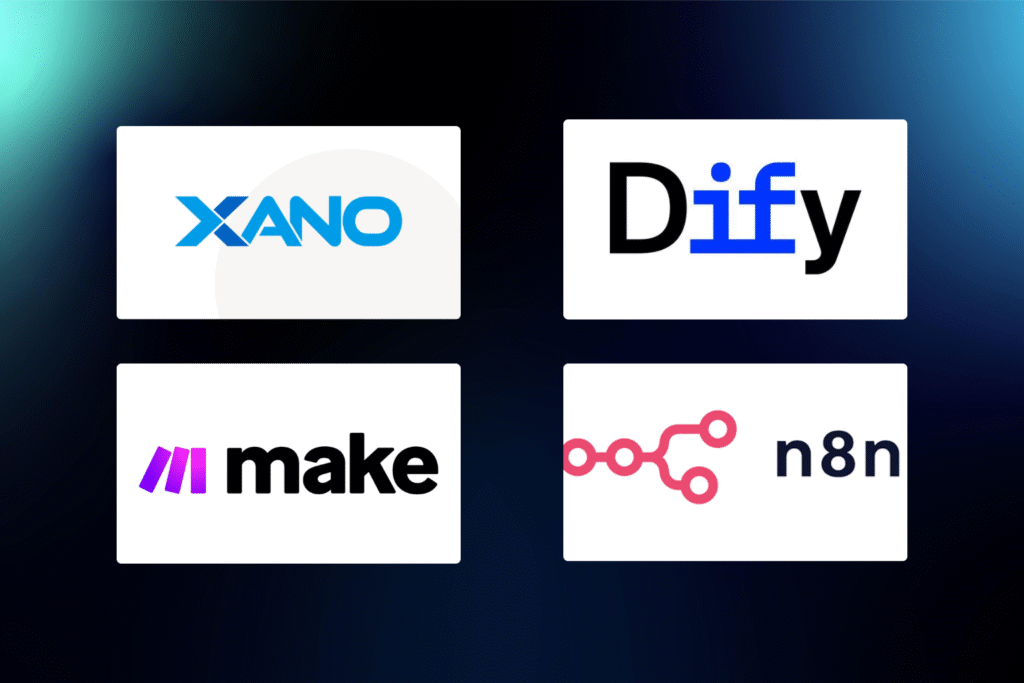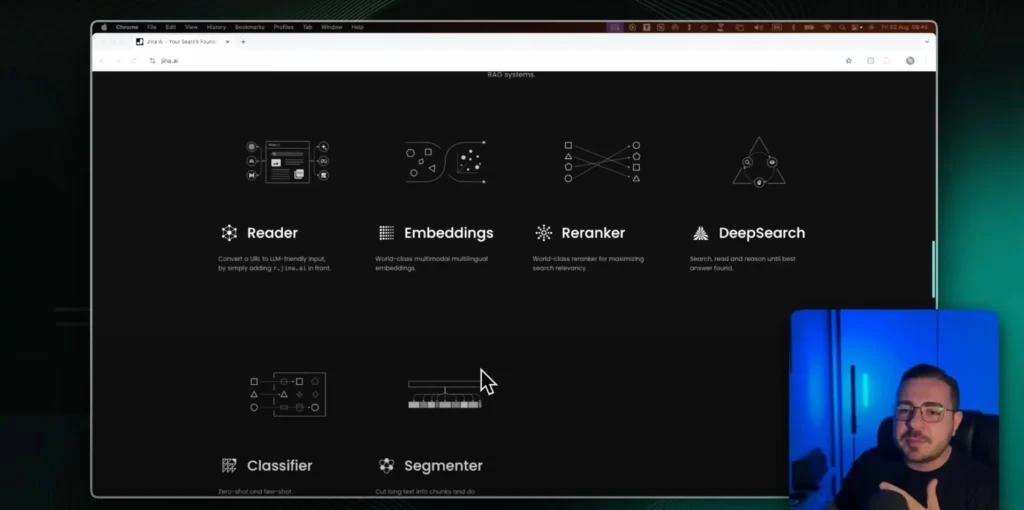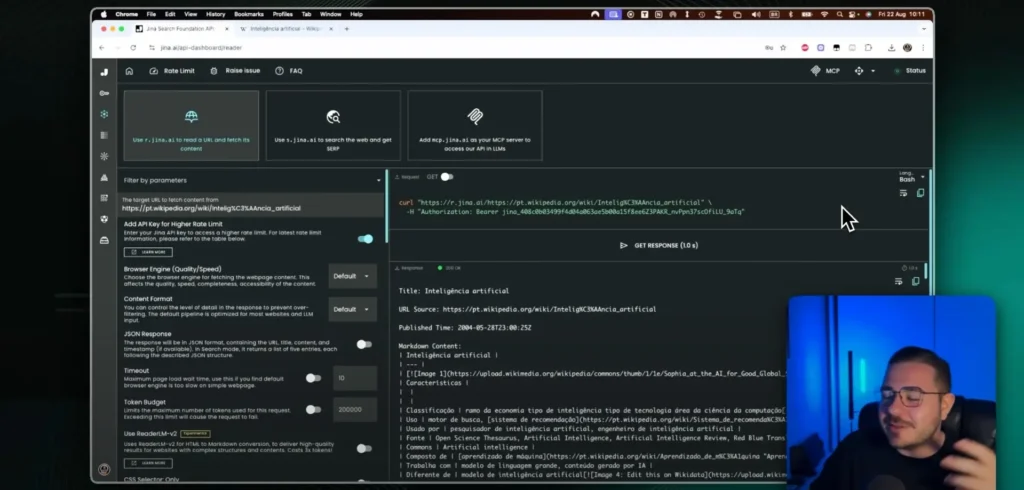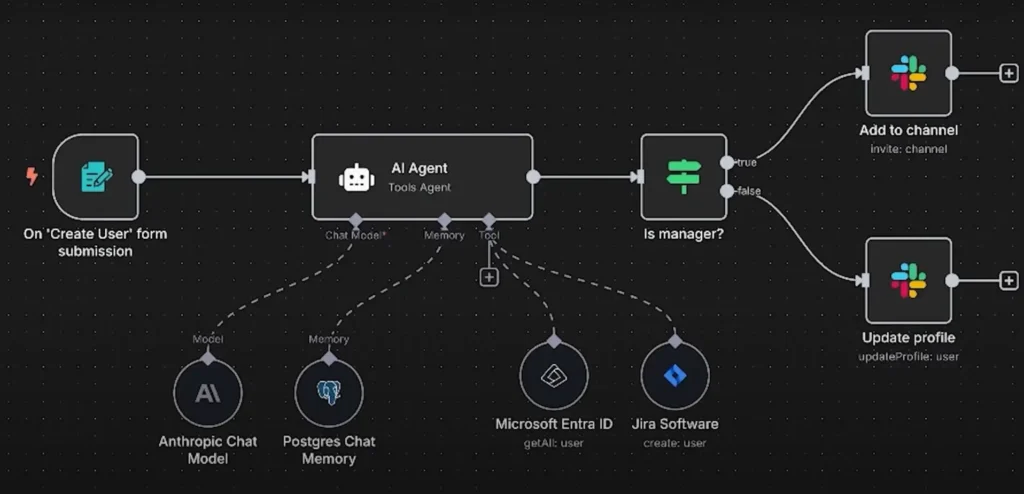The growing need for technological solutions for companies in different niches contributes to the increased search for professionals with development skills.
When talking about the subject, many people may think of advanced techniques that require in-depth knowledge about programming with codes.
What if I tell you that there are simpler techniques to create an app or complete software?
According to Gartner, more than half of the apps created by 2024 will be done with no-code and low-code tools. Digital transformation requires agility and those who master these platforms have a great chance of standing out.
So, we can say that it is a good time to become a professional. Knowing how to program without the need for extensive codes, any professional can create technological solutions.
If you are interested and want learn more about low-code, come with us to understand how to start your journey.
We will introduce you to the main platforms to stand out in this field and show you which courses offer the necessary support to work in the area.
Good reading!
Table of Contents
What does a low-code developer do and how does he/she operate in the market?

The low-code developer creates applications and systems quickly, using visual platforms that require little manual programming.
This professional uses tools that automate technical tasks, allowing them to focus on solving business problems and innovation.
Unlike traditional development, the low-code does not require advanced programming knowledge, just basic notions of logic. This makes development accessible to more people and accelerates the delivery of digital solutions.
The main difference between low-code and no-code is at the required coding level: low-code requires basic skills, while no-code does away with the need for coding altogether.
In the market, low-code developers are valued for delivering agile results and contributing to the digital transformation of companies.
low-code Courses: the ways to learn
Now that you understand what low and no-code developers do, let's look at practical tips on how to start your professionalization.
Study platforms
Knowing the platforms in the area is the first step to beginning to understand this universe. Some examples of low-code tools are:
- appian
- Nintex
- Mendix
- OutSystems
The main no-code tools include:
- Bubble
- FutterFlow
- Xano
- make up
- Framer
- wordpress
- webflow
- Softr
- AppGyver
- glide
- air table
- Zapier
Platforms provide developers with the ability to create modern and scalable solutions, without the need for specialized knowledge in programming.
Get started with the free No-Code Start-Up course and learn Bubble or FlutterFlow from scratch.
Watch videos on Youtube
Do you understand a little more about the platforms, but feel like you need to deepen your knowledge? Know that YouTube is a excellent source to learn about low-code and no-code.
The channel of No-Code Start-Up offers simple and didactic information for your journey of knowledge.
Take training courses regularly
With the basic development concepts understood, investing in a good training course is very important.
There are specific training courses for each of these platforms and they are often available free of charge and online.
At No-Code Start-Up, we offer introductory courses for Bubble and Futterflow. The best thing is that they are 100% free and designed for beginners.
See some of the teachings you can acquire with the classes:
- How to start creating apps on platforms;
- apps planning;
- Front-end design;
- App back-end database;
- Workflow logic (CRUD);
- Bubble and FlutterFlow plugins;
- DRY concept.
To deepen your knowledge, you can opt for more advanced courses, such as:
Join communities
Participating in social media communities can be a great way to learn and interact with others who are on the same learning journey.
There you can share experiences, ask questions and stay updated about news in the area.
You can find these communities on networks such as:
Study English
In practice, you will notice that most resources, courses and materials on the subject are available in English. And we know that this can be a problem for many people.
For this reason, we always try to bring quality content in Portuguese here on our blog.
But to continue in the profession, it is important to have at least a basic knowledge of the language to deepen your studies and seek international opportunities. It is an essential investment.
What are the advantages of taking the low-code developer course?
At this point, you may be asking yourself: “why invest in a more complete course when there are so many tutorial options on the market?”
Certainly, tutorials are an excellent way to start your knowledge journey into the low-code development area.
However, to become a true professional and transform this practice into your career, more robust courses are essential. Understand the reasons:
Chance for professional growth

You already know that more than half of the applications developed by 2024 will be built using no-code and low-code platform tools.
So, it is logical that companies are increasingly looking for professionals who can create agile and effective solutions.
Being a professional developer can help open countless doors, including outside the country. Several multinationals are hiring for home office jobs, and payment is in dollars.
Have you ever thought about getting this opportunity? It is possible for those who have a complete CV and experience in the field.
Capturing more leads
Becoming a professional in this area can significantly boost lead capture. Consider the following situation: a company wants to create an interactive landing page for a specific campaign.
With in-depth skills, you would not only be able to develop it quickly but also make it fully functional, interactive, and engaging for visitors.
Agility is certainly a competitive advantage and helps attract a greater number of leads.
Broad job market
We've already talked about this, but it's worth emphasizing that the job market in the area is on the rise. So, even if you don't get a perfect job the first time, the chances of becoming unemployed are low.
By investing in a more comprehensive course, you will be prepared to face market challenges, gain relevant positions and contribute significantly to the development of innovative solutions.
So, do you think it’s worth investing?
Discover No-Code Start-Up’s training
No-Code Start-Up offers free Bubble and FlutterFlow courses with teaching that is always up to date and focused on your learning.
With the right tools, knowledge and dedication, it is possible to become a successful developer!
Don't wait any longer! Sign up for Bubble No-Code's free startup course right now.
